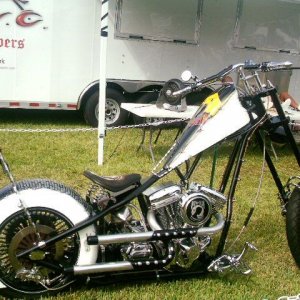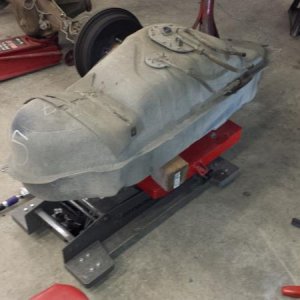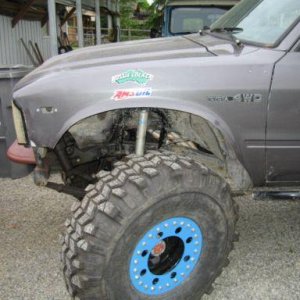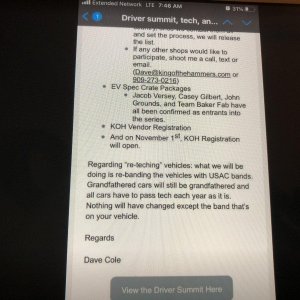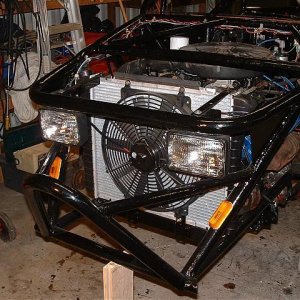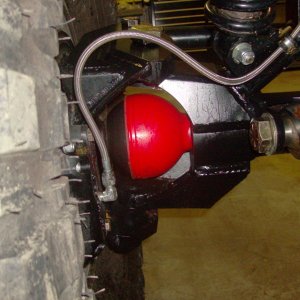jeepmauler
Well-Known Member
- Joined
- Oct 17, 2006
- Messages
- 2,064
- Reaction score
- 0
I have 25' of 7k working load static rescue line/caving rope.It is Kernmantle rope(google) so it has a built in sheath to protect the core.
My winch is an OLD M6000 warn(still pulls hard) that I cut down to a 4" drum and mounted to the axle...it's sole purpose is to suck my front end down and in a pinch aid my stuck/broke ass in forward movement.I had winch rope on my last car,100+ feet on a warn 8K and that **** broke continuously, even when brand new.And yes rope does whip when it breaks....it just doesn't have any real weight/mass so it only stings a little.
My winch is an OLD M6000 warn(still pulls hard) that I cut down to a 4" drum and mounted to the axle...it's sole purpose is to suck my front end down and in a pinch aid my stuck/broke ass in forward movement.I had winch rope on my last car,100+ feet on a warn 8K and that **** broke continuously, even when brand new.And yes rope does whip when it breaks....it just doesn't have any real weight/mass so it only stings a little.

